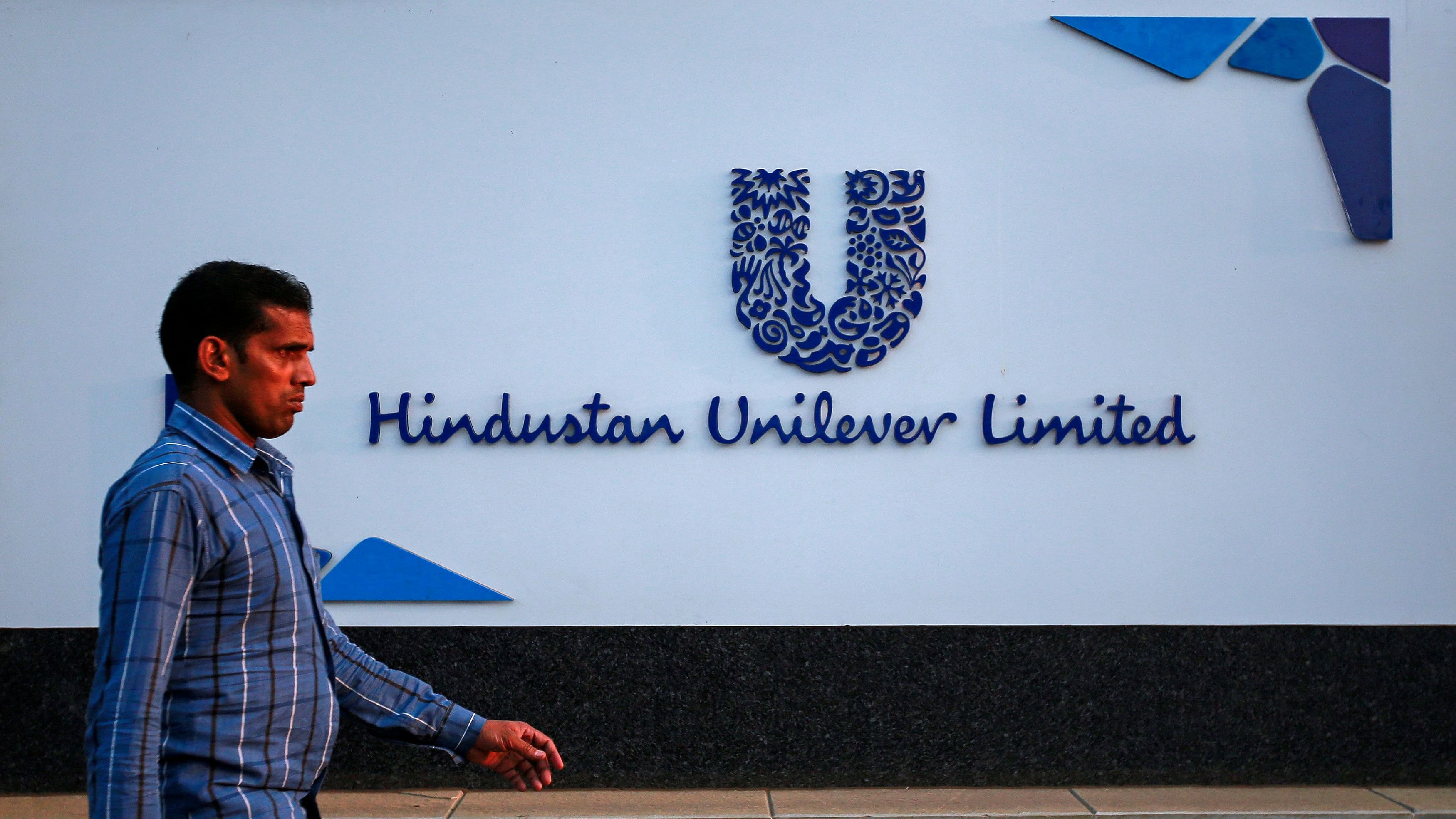
A pedestrian walks past the Hindustan Unilever Limited (HUL) headquarters in Mumbai.
Credit: Reuters photo
This week, the markets are anticipated to remain in consolidation mode due to the lack of major triggers. However, sectoral rotation and stock-specific activity will keep investors engaged as the earnings season is in full swing. Markets will also react to results from index heavyweights such as HDFC Bank, Kotak Bank, and Tech Mahindra, which were released over the weekend.
Key results this week include announcements from Bajaj Finance, HUL, ITC, Coal India, ICICI Prudential, SBI Life, BPCL, HPCL and Zomato, among others. Globally, investors will look for guidance from macroeconomic data, including China’s lending rate decision, as well as United States existing and new home sales data, and the composite PMIs for the U.S, United Kingdom, India, and Europe.
Last week, Nifty failed to hold above the 25k mark amid selling pressure and ended with a weekly loss of around 178 points or -0.7 per cent at 24,863. This decline was primarily driven by heavy selling from foreign institutional investors (FIIs), disappointing results from key index stocks, and a sharp rise in retail inflation. Among sectoral indices, Banking, Financials, Realty, and Infrastructure recorded gains, while auto, metal, IT, pharma, and FMCG saw significant losses.
FIIs have been aggressive sellers during the month as they shifted to more favoured economies like China. They sold stocks worth over Rs 74,732 crore in the month, till October. Domestic Institutional Investors (DIIs) supported the market at every dip and were buyers to the tune of Rs 68,961 crore during the same period.
So far, Q2 results have not provided significant support to the markets, with disappointing numbers from Reliance, HDFC Life, Bajaj Auto, and Nestlé, along with subdued management commentary.
India’s trade deficit narrowed to a five-month low of $20.8 billion in September, with merchandise exports showing positive growth for the first time in three months. However, retail inflation rose to a nine-month high of 5.49 per cent in September, dampening sentiment.
The Navratri festive season has spurred renewed sales momentum in the real estate sector, leading to a sharp rise in property registrations. In the Mumbai region, registrations during the nine-day Navratri period increased by 13 per cent year-on-year, with revenue collection rising by 15 per cent.
This uptick was supported by the RBI’s shift from a hawkish stance to a more neutral position. Additionally, quarterly updates from several realty companies indicated strong growth in Q2, fueled by robust consumer demand for residential properties, particularly in the luxury segment.
Meanwhile, Hyundai’s Rs 27,870 crore IPO (India’s largest ever) received tepid response from retail investors. However, strong institutional demand helped to pick up the momentum on the last day. Overall, the IPO was subscribed 2.37 times. The IPO is expected to see a lacklustre listing. Another large IPO of Waaree Energies Ltd will open for subscription from today to raise Rs 4,321 crore from the market.
(The writer is head of Research, Wealth Management, Motilal Oswal Financial Services)
FILE PHOTO: A private security guard stands in front of the regional head office of oil refiner Bharat Petroleum Corp (BPCL) in Kolkata.
Credit: Reuters photo
FILE PHOTO: The app of Indian food delivery company Zomato is seen on a mobile phone above its logo displayed in this illustration picture.
Credit: Reuters photo